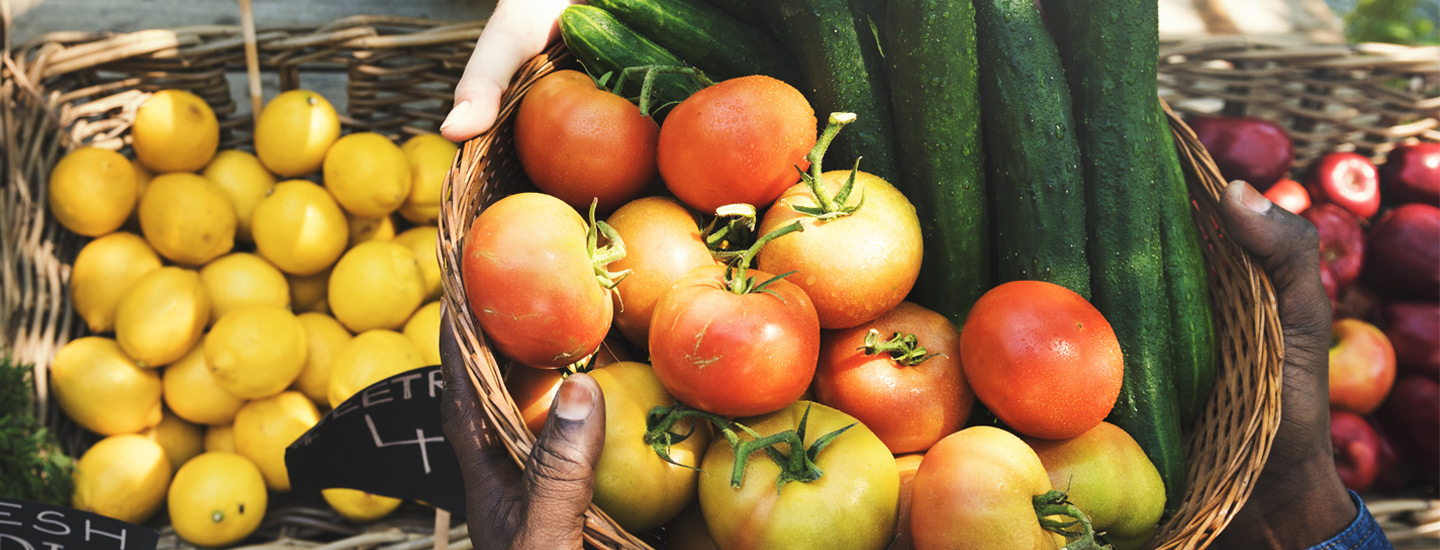While school is out for summer vacation, many kids no longer have access to daily meals and thus rely on summer feeding programs. With 21% of children in Florida experiencing hunger, the summer months can be an especially challenging time. Our Feeding Florida Network supports strengthening summer feeding programs through Child Nutrition Reauthorization, because the only meal these kids might receive is during school, thanks to numerous school feeding programs.
When school is out, many of these children struggle even more with hunger during the summer months. They become more vulnerable to short and long-term health consequences and summer learning loss (also known as the “summer slide”). Feeding programs do exist to support kids, but they are only as strong as their ability to reach children. The Summer Food Service Program (SFSP) in Florida, known as Summer Breakspot, is a federal food program that provides snacks and meals during the summer to children who are low-income, however these programs only reach 17% of the children who are eligible, leaving 83% of children not participating.
“With nearly 900,000 children experiencing hunger in the state of Florida, we as a food bank network work together to ensure we are offering as many resources as possible during the summer,” says Robin Safley, Executive Director of Feeding Florida. “Included in our other charitable distributions, we offer the Sumer Breakspot program in partnership with the Department of Agriculture. Through the Child Nutrition Reauthorization legislation, lawmakers have an opportunity to close the summer meal gap and help provide a brighter, healthier future for the children of Florida.”
Child Nutrition Reauthorization (CNR) can strengthen these summer feeding programs by improving program access, ensuring nutrition quality, and simplifying program administration and operation. CNR is the process Congress uses to update child nutrition programs, including the School Breakfast Program (SBP), National School Lunch Program (NSLP), summer and afterschool nutrition programs, the Child and Adult Care Food Program (CACFP), and the Special Supplemental Nutrition Program for Women, Infants, and Children (WIC).
To learn more about Child Nutrition Reauthorization and the impact summer feeding programs have on food insecure children, visit https://feedingamericaaction.org/learn/policy-watch/cnr/


